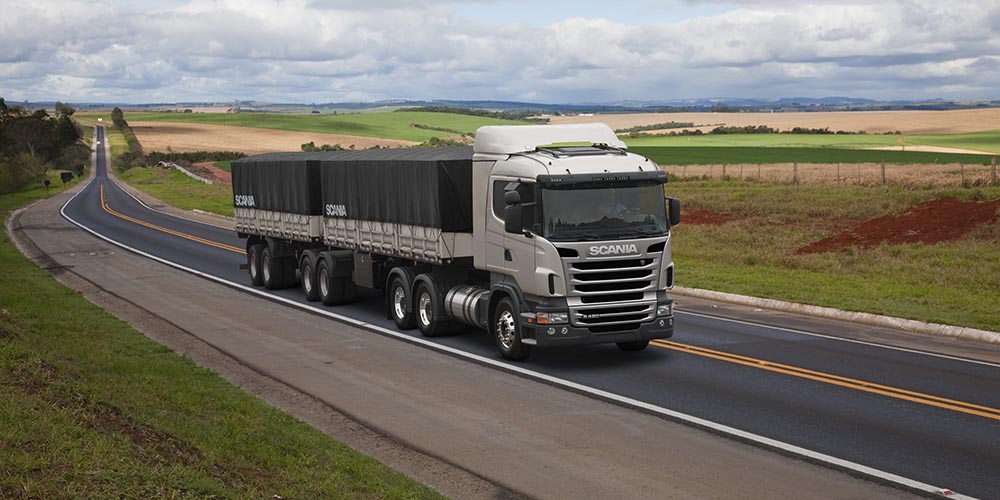They unravel the impact of high fuel costs

When the fuel prices surge – what happens to the transport sector? KTH is part of a project that will find out and focus on how environmental policies impact behavior.
Swedish fuel prices, particularly for diesel vehicles, rose sharply due to carbon taxation and biofuel blending requirements, up to the beginning of 2024, making them the highest in the EU. A new study, coordinated by Christian Thomann for KTH, aims to understand how these rising costs impact the transportation sector, supported by 4 million SEK in funding.

What are the main challenges transportation firms face as a result of rising fuel costs, Christian Thomann?
“On one hand, higher fuel prices—driven by policy—should encourage firms to adopt cleaner technologies or increase fuel efficiency to restore profitability. But these cost increases can negatively impact competitiveness and output in the short term, especially for financially constrained firms unable to invest in low-emission technologies. In the worst-case scenario, it could hinder the transition to greener practices. However, some research indicates that increased fuel costs could drive long-term innovation, offsetting these challenges. Understanding these trade-offs is crucial for designing transportation policies that balance environmental goals with economic sustainability."
Why is the funder, the Swedish Transport Administration (Trafikverket), interested in your study?
“Our study focuses on how environmental policies impact behavior. These insights are critical for policymakers working to meet emission targets. For example, the government recently reduced the biofuel blending requirement from 30% to 6%, which led to a 4 SEK per liter decrease in diesel prices. Such significant price changes likely affect driving behavior, particularly for trucking firms.“
How could your findings shape future transportation policies?
“Our findings highlight the role of policy in driving firm efficiency. The study will show the importance of using fuel price policies as a tool to encourage both innovation and reduced emissions, which could shape future regulations that balance competitiveness with sustainability. Ultimately, we aim to provide concrete data to help design more effective transportation policies.”
If you could fast-forward five years, what would be your dream outcome for this project?
“In five years, we would love to better understand how changes in fuel prices affect not just efficiency and emissions of trucking firms, but also the employees of trucking firms. It would be fascinating to study whether changes in fuel costs lead to shifts in the workforce composition, such as increased hiring of engineers for optimizing logistics and routes, or whether truck drivers' wages are affected. These insights could provide a more comprehensive view of how fuel cost dynamics impact not only firm behavior but also the human capital aspect of the transportation industry.”
Anna Gullers
